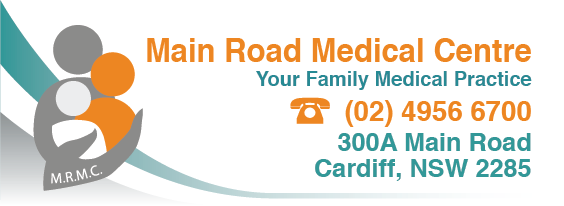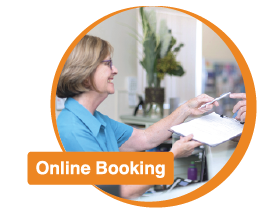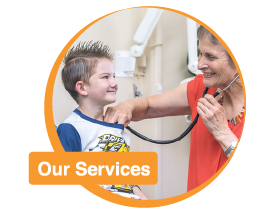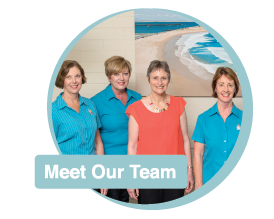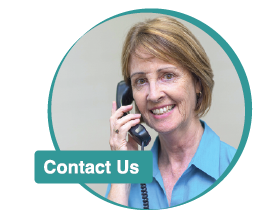Action stations: when medical emergencies happen
GP premises are equipped to deal with virtually all medical emergencies.
Of course, when there’s a medical emergency that’s clearly going to need hospitalisation, we call an ambulance to transport the patient to the hospital. However, we will first diagnose or treat the condition. We advise anyone who experiences a medical emergency to call their GP or Triple Zero (000) emergency services to get a handle on what’s going on.
Evaluating medical emergencies
If the patient’s symptoms are clearly going to need hospitalisation or hospital care, we advise them to call Triple Zero immediately. If not, they can report to our surgery so we can evaluate their condition and do some testing. For example, we can conduct spirometries and we can issue medications to help the patient. Of course, we can do a full physical examination if necessary.
Often, the patient has to decide whether they should call an ambulance or come to the practice. It’s a difficult choice for some people, depending on the condition. The first step is to pick up the phone and make the call. It’s not up to the patient to decide the severity of their condition. It could be something really obvious, such as a cut in the leg or a finger that needs suturing, or it could be chest pain or shortness of breath.
Extreme pain
If a patient is in extreme pain, the person should call a healthcare specialist. The easiest and most accessible health professional is usually their GP. They can make an evaluation immediately and decide if the cause can be treated in the practice. If it’s a clear medical emergency, we refer the patient to ambulance services to transport them to hospital.
In all emergency medical situations, a healthcare professional needs to evaluate the patient quickly. A GP or a specialist at a Triple Zero emergency room will be able to assess if there’s any need for transport. The first line of defence is to make the call.
After hours medical emergencies
But what if the medical emergency happens at 10pm or three o’clock in the morning? If it’s the middle of the night and there’s a medical emergency—particularly if someone wakes up short of breath or with chest pain—then they should call Triple Zero and have it checked out immediately. In these cases, there is no margin for error.
Again, it’s not up to the patient to give it a name or decide to wait until tomorrow. Call somebody to have it evaluated over the phone or in real life.
Most common medical emergencies
Overall, the most common medical emergencies we see are cuts and falls. People come in with simple household cuts on their hands and legs, or falls that result in contusions of limbs, a rolled ankle or a swollen knee. Stomach pain is also a very common complaint, as well as chest pain or shortness of breath. It’s always worth getting these things looked at swiftly, or talking through your concerns with a medical professional.
